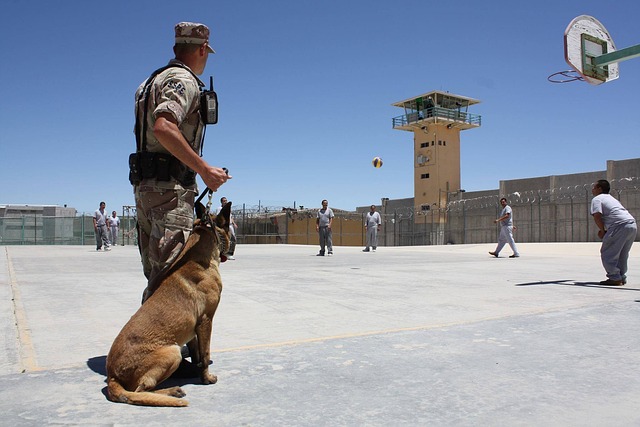Global immigration policies face challenges from DUI loopholes, with varying laws across nations posing risks to public safety. Harmonizing legal standards through international collaboration is crucial for consistent enforcement of driving under the influence (DUI) safety protocols. This unified approach, focusing on Global Immigration and DUI Perspectives, aims to close regulatory gaps, enhance road safety worldwide, and ensure peace of mind for responsible drivers navigating different legal territories. Future cross-border mobility relies on aligned laws, technological advancements, and continued cooperation to revolutionize global immigration and make international travel safer.
In today’s globalized world, understanding and addressing loopholes in migration policies is crucial for fostering seamless cross-border mobility. This article delves into the complex landscapes of global immigration and DUI laws, highlighting their interconnected impact on international travel. We explore strategies to identify and bridge gaps in regulations, offering valuable insights from a global perspective. By examining current challenges and future trends, we aim to guide stakeholders in shaping a more unified approach to cross-border mobility.
- Global Immigration: Identifying and Addressing Loopholes
- DUI Laws and Their Impact on International Travel
- The Future of Cross-Border Mobility: Narrowing Gaps in Regulation
Global Immigration: Identifying and Addressing Loopholes

Global immigration policies often present unique challenges, with various loopholes that can be exploited, especially when considering DUI (Driving Under the Influence) perspectives. These gaps in regulations allow individuals to bypass critical safety measures and legal consequences, raising significant concerns for public safety worldwide. By examining these loopholes, countries can identify strategies to enhance their immigration systems and ensure the well-being of both residents and visitors.
One such loophole may involve disparities in laws across nations, where some countries have stricter DUI regulations while others lack sufficient enforcement mechanisms. Immigrants, seeking better opportunities, might take advantage of these differences, leading to potential risks during transit or settlement. Addressing these issues requires international collaboration and harmonization of immigration and legal standards, ensuring consistent application of safety protocols related to driving under the influence across borders.
DUI Laws and Their Impact on International Travel

International travelers often face complex navigation when it comes to understanding local laws, especially regarding driving under the influence (DUI). Each country has its own set of rules and penalties for DUI, which can significantly impact a traveler’s experience. The global immigration landscape is becoming increasingly intertwined with these legal perspectives, as many countries collaborate to enhance road safety and deter reckless driving.
Loopholes in DUI laws have historically allowed some individuals to evade strict penalties when traveling between jurisdictions. However, with heightened global awareness and cooperation, many nations are closing these gaps by harmonizing legislation and sharing information. This unified approach ensures that international travelers are held accountable for their actions on foreign soil, promoting safer roads worldwide and offering peace of mind for responsible drivers navigating different legal territories.
The Future of Cross-Border Mobility: Narrowing Gaps in Regulation

As global immigration continues to shape diverse societies, the future of cross-border mobility lies in narrowing regulatory gaps. This is especially crucial when considering the intricate interplay between Global Immigration and DUI (Driving Under the Influence) perspectives. Traditional loopholes have facilitated a complex web of challenges, enabling non-compliance and posing significant safety risks. However, with evolving legal frameworks and enhanced international cooperation, these gaps are gradually being closed.
Regulatory harmonization plays a pivotal role in this transformation. By aligning laws and standards across borders, countries can ensure fair and efficient mobility while maintaining public safety. This approach, backed by technological advancements in identity verification and data sharing, promises to revolutionize global immigration processes. Moreover, it strengthens the ability of law enforcement agencies worldwide to collaborate effectively in addressing issues like DUI, thereby making international travel safer for all.
As we’ve explored global immigration, DUI laws, and their interplay with cross-border mobility, it’s clear that identifying and closing loopholes is crucial for fostering safer, more equitable international travel. By addressing these gaps, we can enhance cooperation between nations, improve regulatory consistency, and ultimately ensure a brighter future for global immigration and DUI perspectives. This collective effort will not only benefit individuals seeking opportunities abroad but also strengthen the overall stability of our interconnected world.






